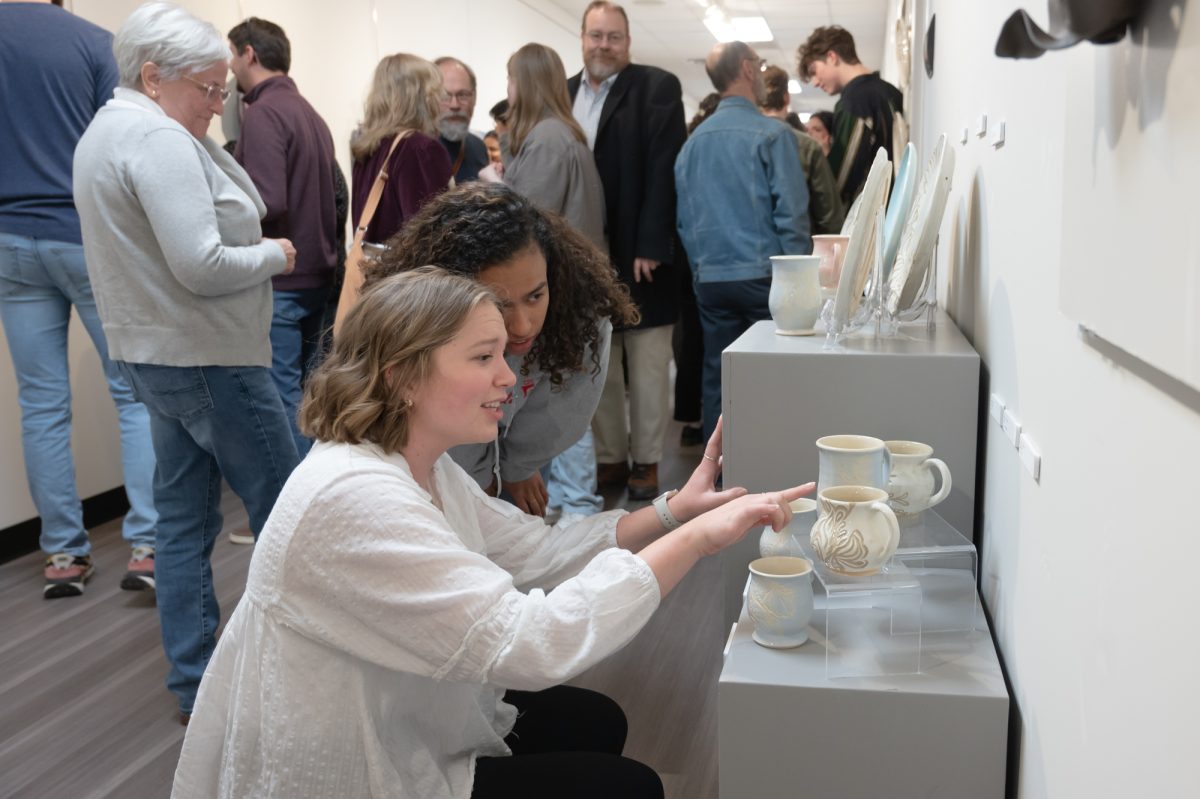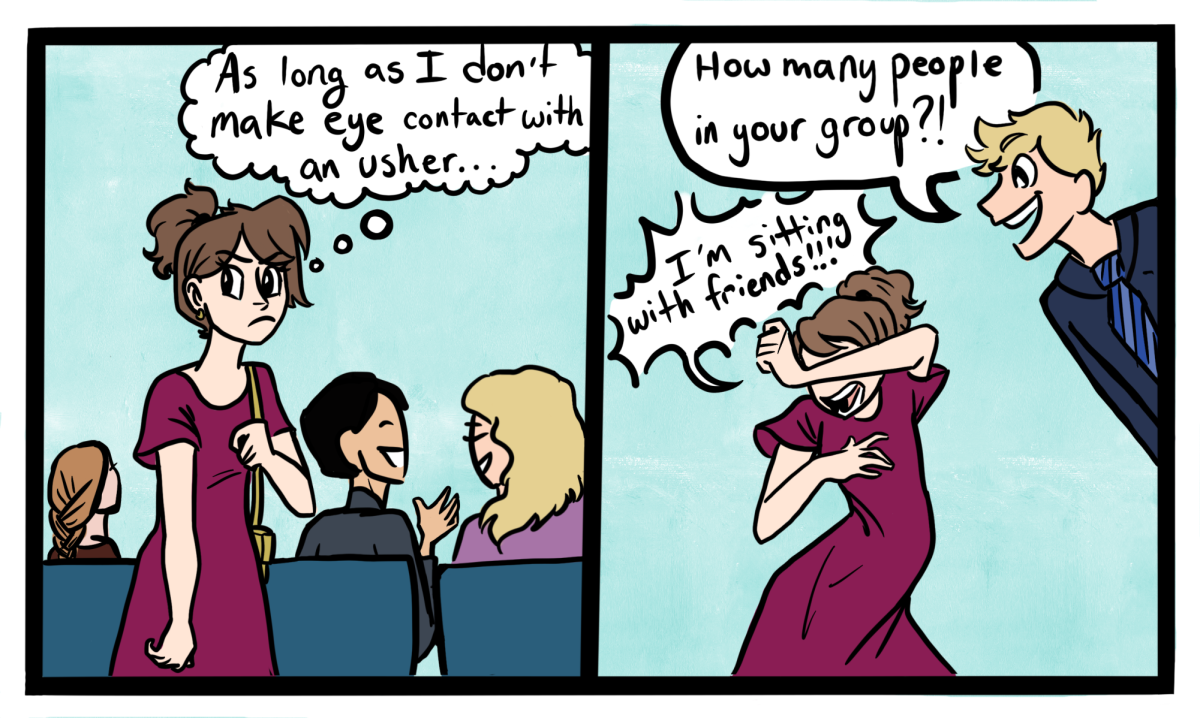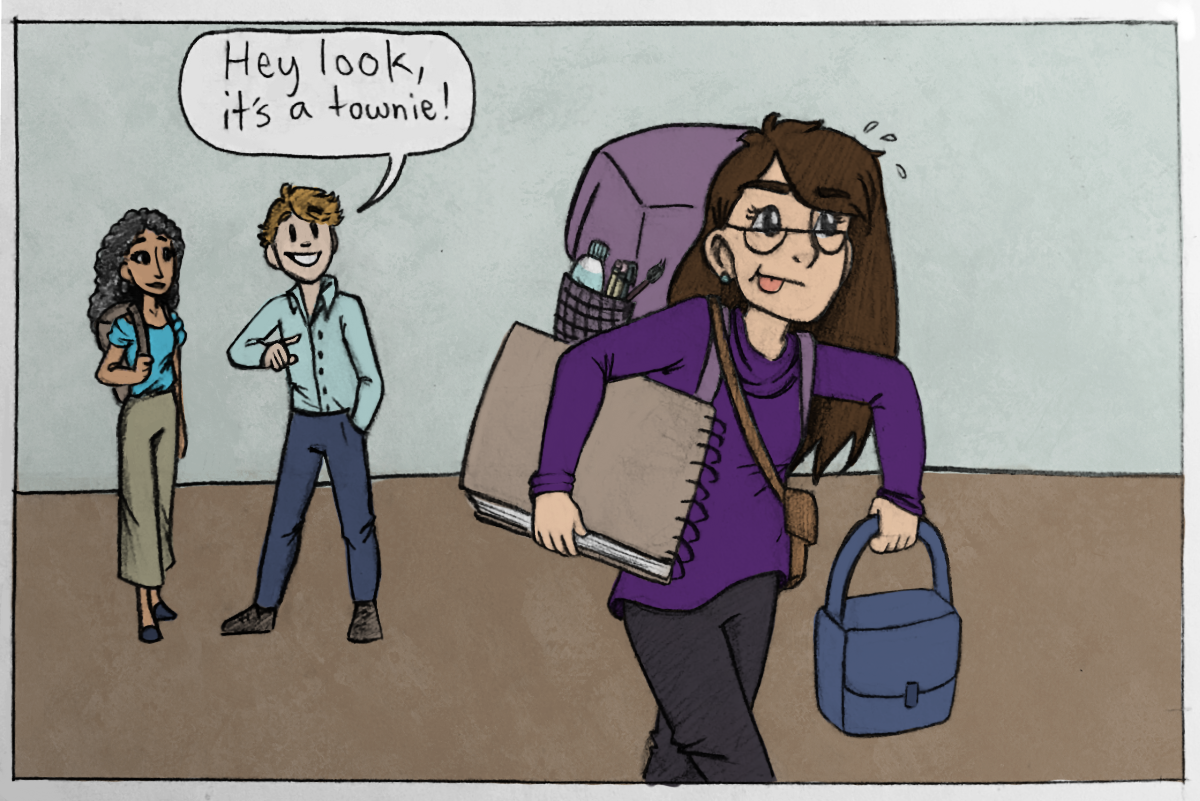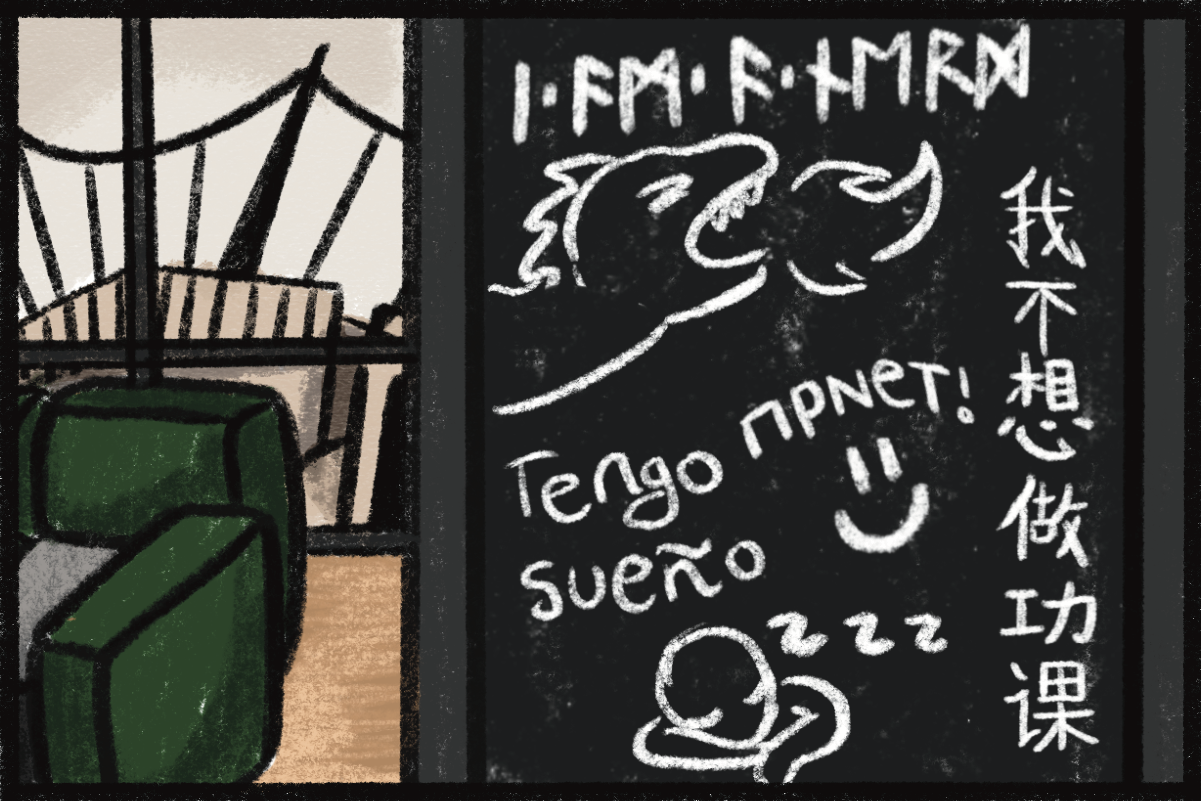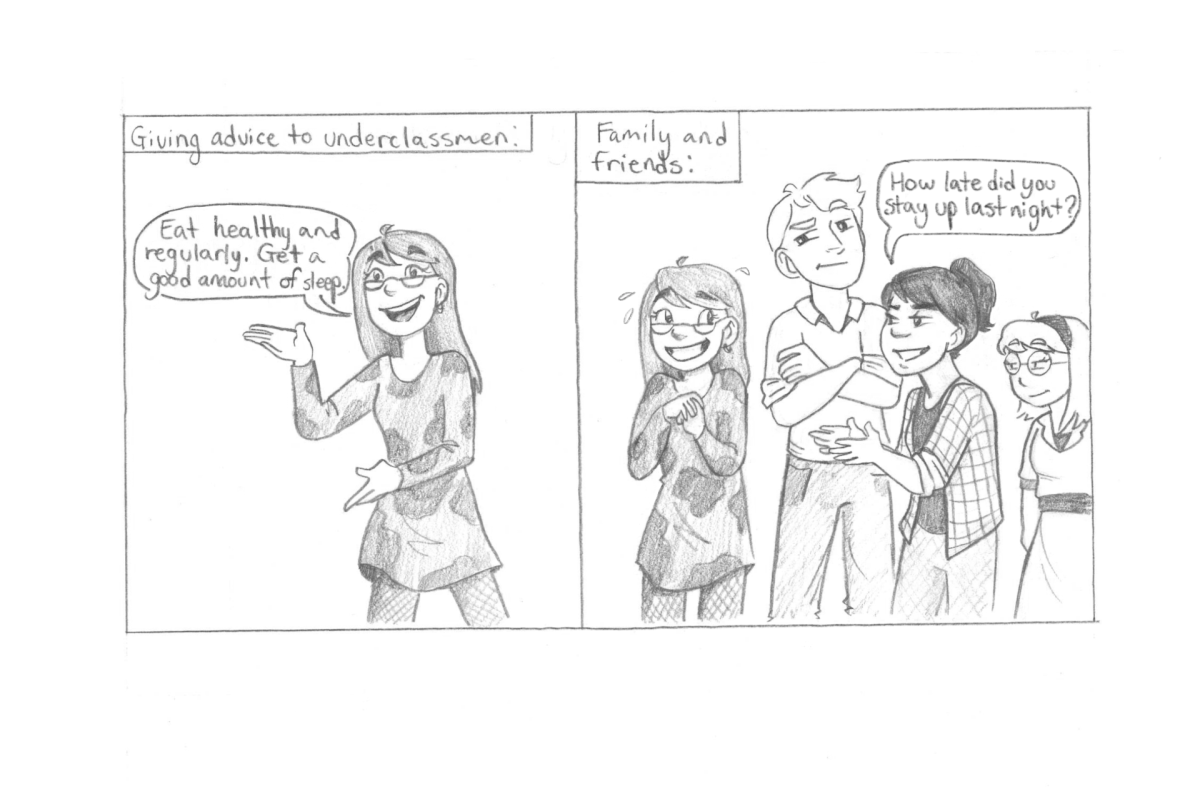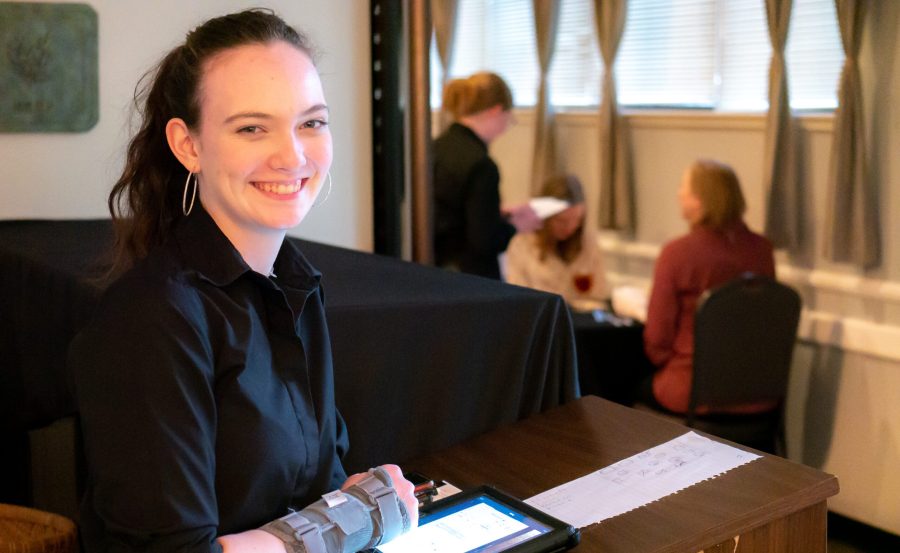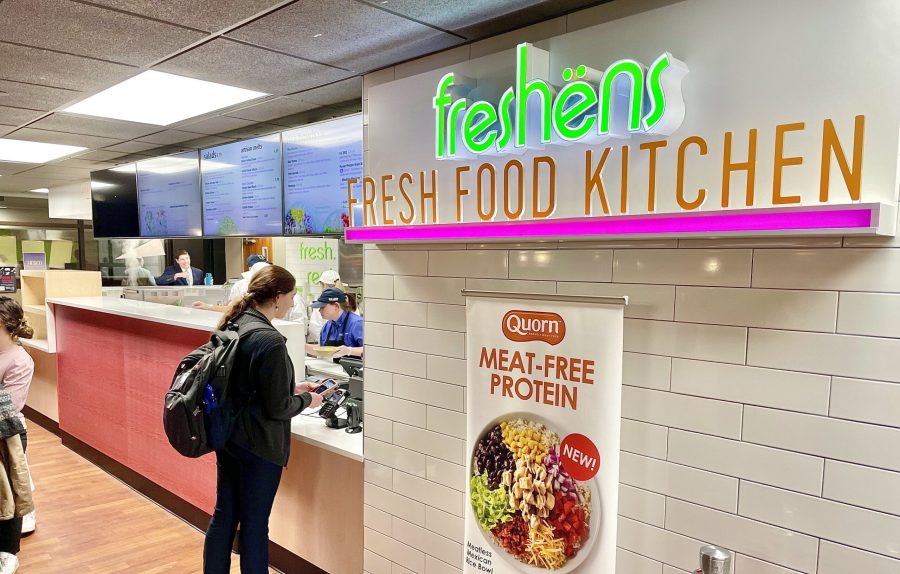Scrolling through Facebook the other day, I saw something that read, “People used to keep diaries, and get mad when anyone read them. Now we post stuff online, and get mad when people DON’T read it.”
As someone who has kept diaries regularly since the age of 5 and now loves to blog, I think this idea is both hilarious and very insightful. There was a time when I would have been mortified if anyone were to read a single page from my diary, but now sharing my writing with others brings me a sense of satisfaction. But in general, I don’t think our shift to openness and transparency is a result of “coming-to-age,” but rather of a cultural trend in our generation.
Although we may not be sharing everything we would write in our diaries, often we are very close to it. Personal information that generations before us would have kept private—from big things like our relationship statuses to minor details like our lunch—we now share freely, especially over social media.
We now prefer transparency and publicity over privacy, hashtagging #honestcaption and #liveauthentic. I notice in my own life that I can readily share with a stranger my personal thoughts and feelings without much care.
The movement towards transparency in the members of “Generation Y,” the Millennial Generation, is just one of their many traits, but it demands our attention. This issue of openness is important because it can lead to two very opposed sets of attitudes and behaviors—either towards authenticity or towards duplicity. By simply ignoring our generation’s trend we can miss an opportunity to improve ourselves and we can place ourselves in danger—instead, we should consider this trend critically.
As a path to authenticity, transparency contributes to our lives through improving our relationships with others. When we are honest about our fears, goals, hopes and failures, we can better sympathize with one another and better love one another. I call this concept vulnerability: to leave yourself open, to be able to be both wounded and loved.
In The Four Loves, C.S. Lewis writes,
“To love at all is to be vulnerable. Love anything, and your heart will certainly be wrung and possibly broken. If you want to make sure of keeping it intact, you must give your heart to no one, not even to an animal. Wrap it carefully round with hobbies and little luxuries; avoid all entanglements; lock it up safe in the casket or coffin of your selfishness. But in that casket—safe, dark, motionless, airless—it will change. It will not be broken; it will become unbreakable, impenetrable, irredeemable.”
Although being open does leave us vulnerable, it allows us to experience the joy of loving others. Through sharing our thoughts and experiences, both good and bad, we allow for significant benefits from our relationships.
Authentic transparency also lends to deeper, more valuable introspection. Authentically defining and understanding yourself, your personality and your place in the world requires honesty in identifying your strengths and weaknesses.
The culture of the Millennial Generation does value honest introspection. Personality tests such as the Myers-Briggs test help one examine one’s self in order to better function in relationships, the workplace and society. Just enter your personality type into a search on Pinterest, and you’ll get caught in an endless stream of cartoons, charts and articles dedicated to analyzing your personality.
While a culture of transparency can be good, it also can be harmful by facilitating duplicity; it may breed deception and fake authenticity in our generation.
When faced with the societal norm of being open and vulnerable to the world, one response flies to the absolute opposite side. Instead of showing our real selves, sometimes we can fall into the trap of creating a face. It’s as if a masked man, when asked to show his face, does not remove it, but simply washes a layer of paint off of it.
Just so, when we pretend to be transparent but are concealing another deeper layer, we aren’t really showing our true identities.
Society has in a sense romanticized some lifestyles so that they are attractive merely for the sake of popularity.
I’m not saying that everyone who hashtags #wanderlust and posts pictures of mountainsides are faking their interest—but this trend is just one of many “masks” that people try on for the sake of its popularity.
Nor am I saying that it is wrong to like something popular; if you really enjoy an activity or a style, go ahead and embrace it, not because its popular, but because you really do like it.
To be transparent means to be reflective of who we are authentically, not of a persona we create.
And sometimes an attempt to be authentic can turn into a plea for attention, or just plain complaining. While we, the members of Generation Y, are known for our transparency, we are more widely known for our egocentrism.
Whether broadcasted into the digital world or in face-to-face conversations, the most popular topic is “I.” Although being transparent means that we should be able to speak freely about our joys and struggles, it does not call for complaining or bragging. These are just ways of exaggerating the truth into something which is no longer authentic, in order to gain attention.
Even with all of the harmful side effects, I still wouldn’t say that transparency has been a plague on our generation, but rather a tool that we must take care in using.
We should take advantage of learning from the movement to be authentic and vulnerable, as long as we remember and avoid the dangers of duplicity in our culture.
So don’t shy away from sharing, but be authentic.

